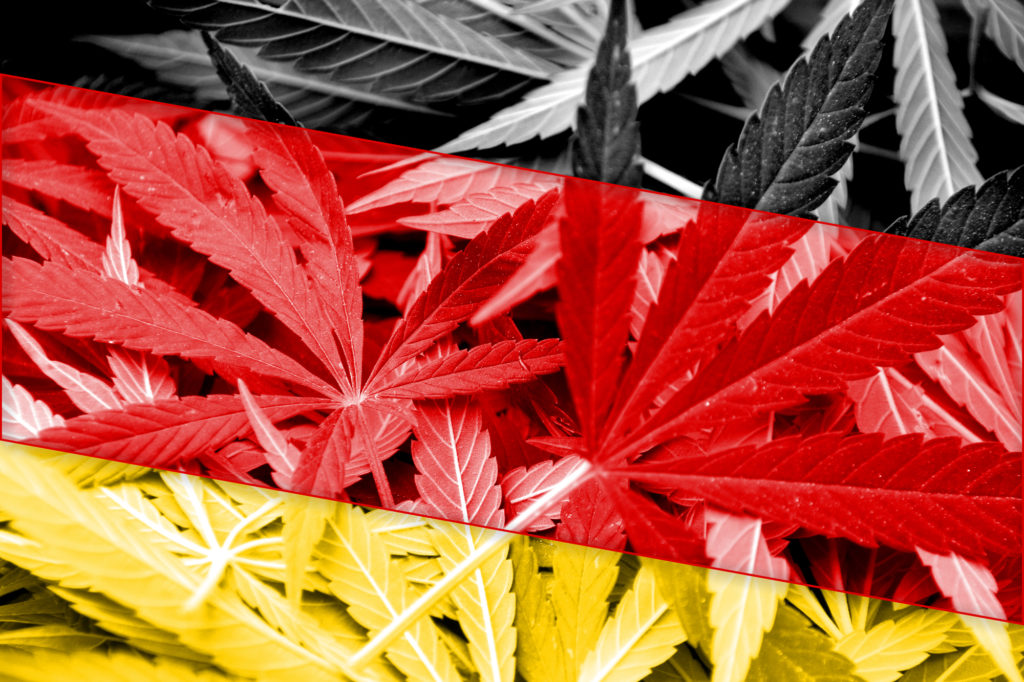Germany has legalized recreational cannabis
Germany’s new laws legalize possession by adults of up to 25 grams (around 1 ounce) of cannabis for recreational use. It also allows for adults to grow up to three plants. Use is prohibited within 100 meters of the entrance to a playground or school. This part of the legislation is already in force in Germany and come July 1, German adult residents can join nonprofit “cannabis clubs” with a maximum 500 members. Individuals 21 and older will be allowed to buy up to 25 grams per day, with a maximum of 50 grams per month; whereas those between the ages of 18 and 21 will be limited to 30 grams per month. Membership in multiple clubs will not be allowed.
Germany’s cannabis clubs
Germany’s cannabis clubs will be prohibited from locating within 100 meters of a school or playground, and each city or town can have no more than one club for every 6,000 residents. Each cannabis club will need a permit to operate, and this permit will be valid for up to seven years, with the possibility of an extension.
Germany’s impact on cannabis in Europe and the world
Germany is only the third EU country to legalize cannabis for recreational use — after Malta and Luxembourg. Since Germany has so many more people than Malta and Luxembourg, put together, how legal cannabis fares in Germany will likely have a significant impact on whether recreational cannabis legalization happens elsewhere in Europe — perhaps even further afield as well.
Recreational cannabis around the world
Contrary to what many believe, Uruguay, Canada, Thailand, and the United States (but not every state) are the only countries that have both legalized recreational cannabis and moved forward with licensing its actual sale. South Africa, Mexico, Malta, Luxembourg, and Australia (but not every state) have legalized recreational cannabis, but have yet to provide anyone with the necessary licenses needed to actually sell it. Portugal has legalized growing cannabis and it exports large quantities of it.
The economic implications of German cannabis legalization
A study completed by the University of Dusseldorf in November of 2021 estimated that approximately $4.7 billion Euros in total would be generated from the taxes on cannabis products sold to German citizens, from the tourists coming to Germany for cannabis, and from the money German courts and law enforcement will save by not prosecuting recreational cannabis cases.
____
For context on the run-up to German cannabis legalization, check out the following:

























